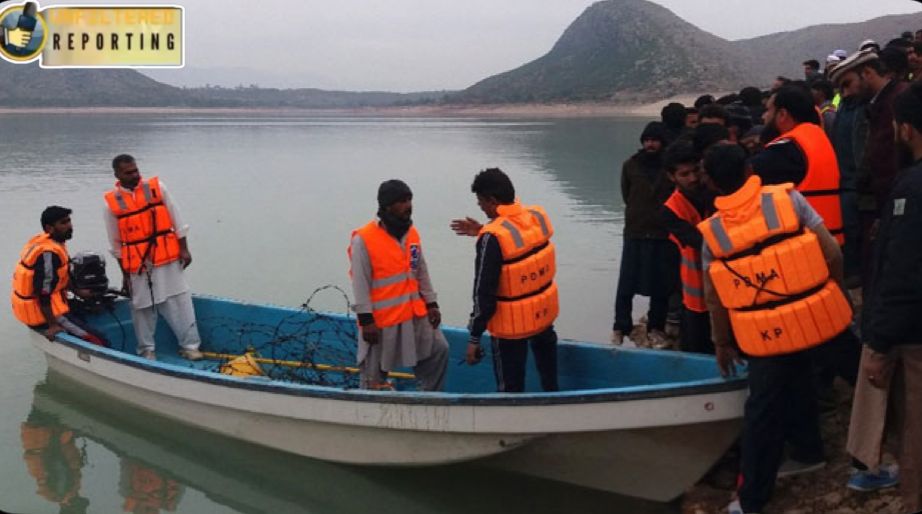NSIB Urges States to Enforce Life Jacket Use to Prevent Waterways Fatalities

The Nigerian Safety Investigation Bureau (NSIB) has urged state governments across the country to intensify enforcement of life jacket use as a critical measure to reduce the rising number of fatalities from boat accidents.
The bureau’s call comes amid growing concerns over repeated mishaps on the nation’s waterways, many of which involve passengers not wearing life jackets. This renewed appeal follows the recent boat tragedy in Guma village, Shiroro Local Government Area of Niger State, where at least 25 people lost their lives after a boat capsized. Reports from the scene indicated that most of the victims were not wearing life jackets, underscoring what authorities describe as a persistent disregard for maritime safety guidelines. NSIB stated that life jackets remain one of the most effective means of preventing drowning during boat accidents and stressed that enforcement should be made compulsory across all states, especially in riverine areas. The bureau also called for increased collaboration with federal maritime agencies including the National Inland Waterways Authority (NIWA), Nigerian Maritime Administration and Safety Agency (NIMASA), and the Nigerian Ports Authority (NPA) to ensure uniform safety protocols nationwide. The Federal Government had earlier distributed over 42,000 life jackets to 12 riverine states in a nationwide effort to curb water-related tragedies. This initiative was complemented by new regulations in several states, including Lagos, where passengers are barred from boarding boats without wearing life jackets under a “No Life Jacket, No Entry” policy. NSIB is currently finalising Marine Casualty Investigation Regulations based on International Maritime Organisation (IMO) guidelines. The bureau said the new regulations will improve investigation processes, safety accountability, and provide a regulatory framework to support enforcement actions by both federal and state agencies. Globally, life jacket enforcement has proven effective in reducing deaths. In the United States, eight people recently died in a Lake Tahoe boat accident after failing to wear life jackets, with the only survivor confirmed to have been wearing one. In Australia, maritime authorities issued dozens of fines and warnings during a safety blitz that targeted non-compliance with life jacket rules. As Nigeria’s reliance on water transportation grows, particularly in rural and flood-prone areas, the NSIB warned that without proactive enforcement and community sensitisation, the country may continue to experience avoidable boat tragedies. The bureau urged state governments to show stronger political will and act swiftly to implement life-saving measures, stressing that life jackets must no longer be treated as optional but as a legal and public safety requirement.









